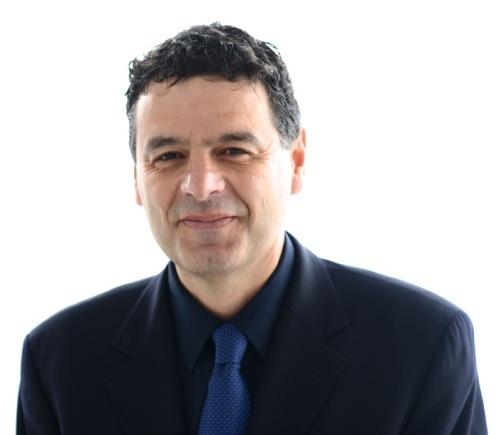Seminar on "Optimisation and Learning for Artificial Swimmers"
Events | Mechanical Engineering
Seminar on "Optimisation and Learning for Artificial Swimmers"
February 10, 2014 8:00 AM

Speaker
Petros Koumoutsakos, ETH Zurich
Location
ESB 1001
Type
Seminar
Abstract: We seek to understand the role of hydrodynamics and their relation to behavioural traits in single and multiple swimmers. We perform simulations using a hierarchy of swimmer models, ranging from 2D dipoles to fully resolved incompressible viscous flows, of self propelled 3D fish-like bodies. The simulations are coupled with bio-inspired optimisation algorithms to investigate responses such as escape and predation patterns by single swimmers. The interplay of hydrodynamics and behavioral traits is investigated for collective swimmers using reinforcement learning algorithms.
I will present our findings in relation to observations in natural swimmers and discuss some lessons learned that may serve as inspiration for engineering devices.
Biosketch: Petros Koumoutsakos studied Naval Architecture (Diploma 1986, National Technical University of Athens and Master's 1987, University of Michigan, Ann Arbor). He then obtained a Master's in Aeronautics (1988) and PhD in Aeronautics and Applied Mathematics (1992) from the California Institute of Technology. He was NSF Postdoctoral fellow (1992-1994, Center for Research on Parallel Computation ) and research associate (1994-1997) with the Center for Turbulence Research (CTR) at NASA Ames/Stanford University. He continued his career at ETHZ where he was Assistant professor (1997-2000, Institute of Fluid Dynamics) in the Department of Mechanical and Process Engineering, at ETHZ. He is the Founding Director of the ETHZ Computational Laboratory (2000 - 2007, CoLab) and a Full professor of Computational Science (Department of Computer Science 2000-2011 and Mechanical and Process Engineering, 2012-present) at ETHZ. He is a Fellow of the APS and ASME and recipient of the ERC Advanced Investigator Award (2013) and the ACM Gordon Bell Prize (2013). His research is in the areas of: multiscale modeling and simulation, high performance computing, optimization and uncertainty quantification. Applications range from aerodynamics to nanofluidics and from cancer induced angiogenesis to artificial fish schools.
Host: Prof. Eckart Meiburg